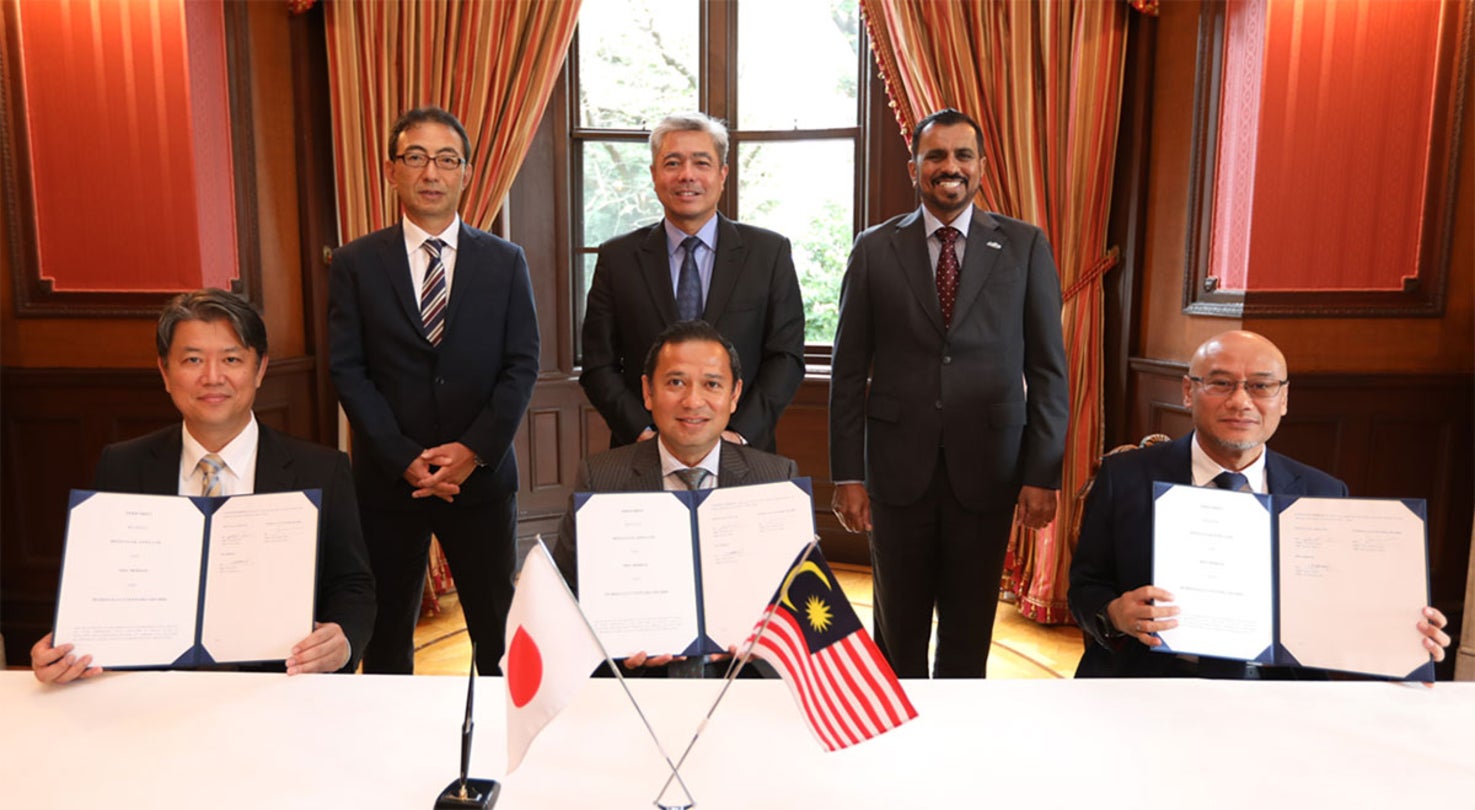
Shipping company Mitsui O.S.K. Lines (MOL) will invest in the development of liquefied carbon dioxide (LCO₂) carriers in a joint venture with PETRONAS CCS Ventures and MISC Berhad.
The agreement between MOL and the two Malaysian companies will see them invest in the development and monetisation of the technology for carbon capture and storage (CCS) projects.
The partnership follows on from a memorandum of understanding (MoU) signed between MOL and PETRONAS’ parent company, Petroliam Nasional Berhad, in 2022, which resulted in MOL obtaining Approval in Principle for the design of an LCO₂ carrier and floating storage and offloading.
MISC had also recently joined the partnership to work on the development of various transport methods, mainly LCO₂ carriers, to establish a flexible approach to different transport needs in the future.
A statement from MOL said: “Through further collaboration with PETRONAS CCS Ventures and MISC, MOL will contribute to build the CCS value chain swiftly, contributing to the achievement of a carbon-neutral society.”
Alongside furthering collaboration between the companies, the agreement is part of MOL’s Blue Action 2035 strategy, which includes plans for the expansion of the company’s offshore and non-shipping businesses.

US Tariffs are shifting - will you react or anticipate?
Don’t let policy changes catch you off guard. Stay proactive with real-time data and expert analysis.
By GlobalDataIt also comes recently after Japan-based MOL joined a group of energy companies from Japan and Australia in forming the LP Technology R&D Project to explore low-pressure and low-temperature solutions for the bulk transport of CO₂ using ships.
While the technology needed to transport LCO₂ has existed for some time, the current design of vessels means that they are not able to transport the product at the ideal pressure and temperature, seven bars at -49°C, needed for bulk quantities.
Speaking after the announcement of the research and development group, MOL executive officer Yasuchika Noma, who was also present for the joint venture agreement signing, said: “We believe the result of this project can be one step closer to the realisation of a lower carbon future.”



